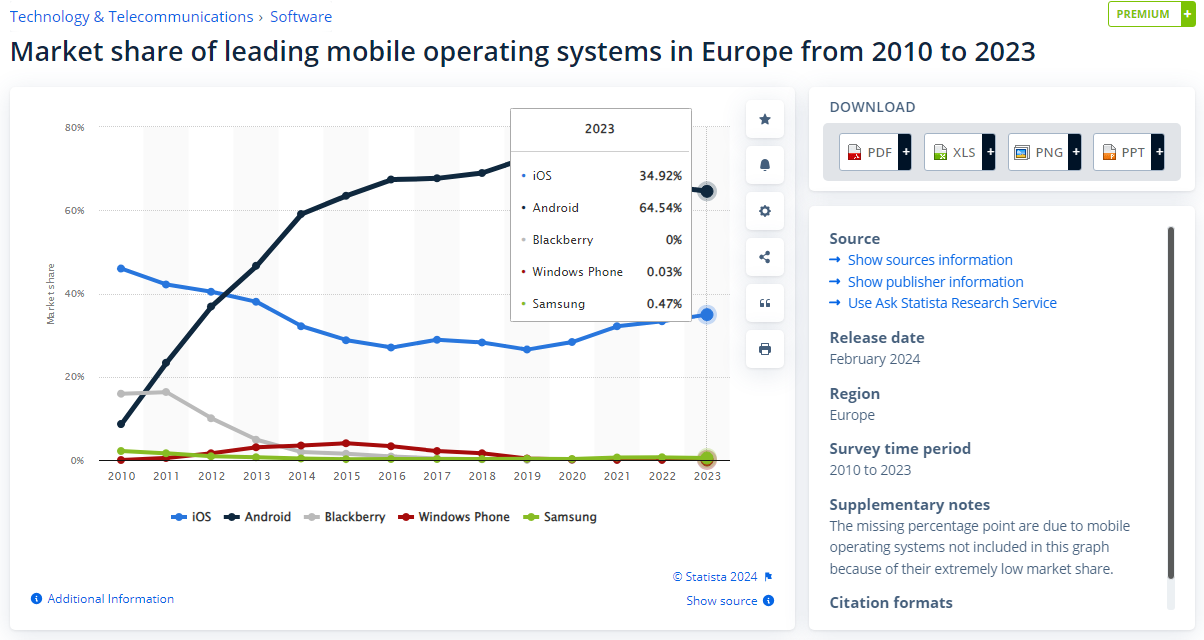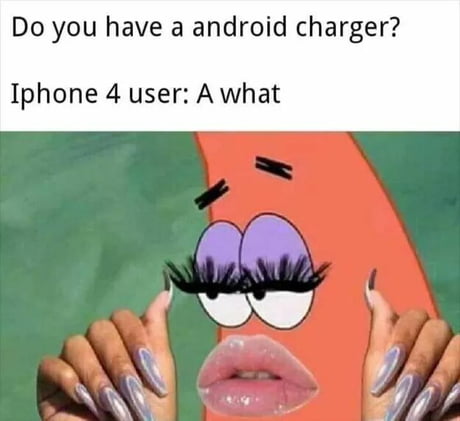Apple will vet (will see if it will hold) which 3d party store it allow, I am not sure why the EU force them for their store too be non trusted, yes all the same prompts as 3rd parties store, but you already have prompt on your current iOS store (at least me, I often have to click (or show my face) to install apps), which additional prompt are we talking about ?, I already have to confirm that I want to install the app with a promp, already have to let the app access anything outside it VM sandbox (camera, gps, etc...) for the Apple Store app, what additional prompt me installing an app from the Microsoft-Amazon-Google store should I want than that (that will than be forced back on the Apple store) ?The head-scratcher is will the EU force Apple to treat their own store as a non-trusted source and require them to have all the same prompts as 3'rd parties which by their very nature can not be implicitly trusted.
All the app sold on a third party store will still be managed and validated by Apple that include scanning for malware and what not, the law (if Apple solution) is not very strong on telling them what to do, if next year only Steam-Microsoft-Google-Amazon end up having store.
They only tell them to have a similar user experience, they can still treat their own store differently internally if they want.
![[H]ard|Forum](/styles/hardforum/xenforo/logo_dark.png)


